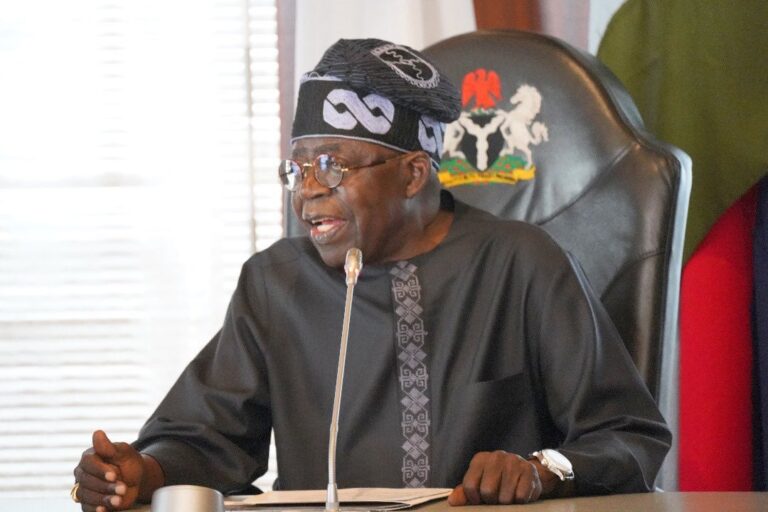In a bid to strengthen the nation’s economic backbone, the Nigerian government has allocated N2.25 billion to support 16,696 Micro, Small, and Medium Enterprises (MSMEs) in Gombe State. This disbursement is part of the broader N200 billion loan scheme designed to bolster MSMEs and manufacturing businesses nationwide.
The announcement was made at a town hall meeting in Gombe on Friday, organized by the Bank of Industry (BoI), which is overseeing the distribution of the funds on behalf of the government.
During the event, the Managing Director and CEO of BoI, Dr. Olasupo Olusi, represented by Mr. Mohammed Maina, the North East Regional Manager, highlighted that this intervention aligns with President Bola Tinubu’s economic agenda aimed at empowering local businesses and revitalizing Nigeria’s industrial sector.
“MSMEs are the lifeblood of the local economy, creating jobs, supporting livelihoods, and driving sectoral innovation,” Olusi stated.
He also shared that N107 billion has already been disbursed across the nation, benefiting nearly 900,000 recipients from all six geopolitical zones. Of this amount, N2.25 billion has been allocated to the 16,696 MSMEs in Gombe alone.
Olusi emphasized that the initiative is a strategic investment in the nation’s future, noting that MSMEs contribute to 96% of businesses, 84% of employment, and nearly half of the national GDP. The scheme also aims to empower young entrepreneurs and support underserved communities, fostering inclusive growth and innovation.
Mr. Abdulwahab Sabo, Senior Special Assistant to the Governor of Gombe State on MSMEs, praised the federal government’s initiative, describing it as a transformative force for the state’s grassroots economy.
“MSMEs are fundamental to Gombe’s economy, providing jobs and empowering both women and youth,” Sabo remarked. He reiterated the state government’s commitment to policies that support small businesses and economic growth.
The meeting concluded with a Q&A session where local business owners had the opportunity to discuss loan access procedures, repayment terms, and the challenges they face in their businesses.
The disbursement is seen as a reflection of the Federal Government’s ongoing efforts to promote financial inclusion, local enterprise development, and economic resilience, supported by Nigeria’s dynamic small business sector.

